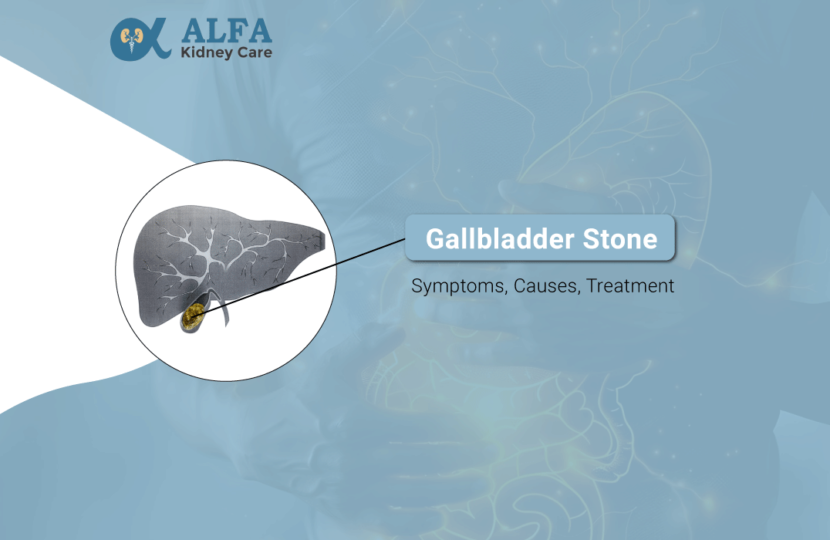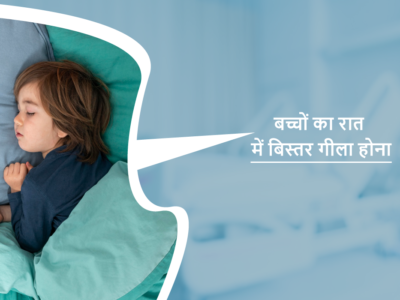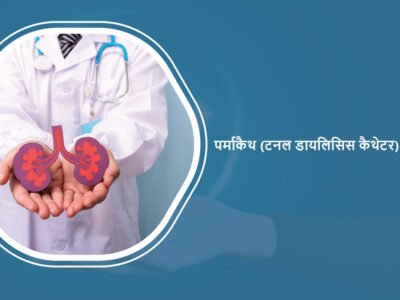Gallstones are hardened deposits of digestive fluid that form in your gallbladder, a small, pear-shaped organ located beneath your liver. These stones can range in size from as small as a grain of sand to as large as a golf ball. Some individuals may have just one gallstone, while others might develop multiple stones simultaneously. Recognizing gallbladder symptoms early is crucial for timely treatment and to avoid complications.
Symptoms of Gallbladder Stones
Gallstones, despite being a common condition, often remain asymptomatic and may be detected incidentally during tests for other conditions. However, when they do cause symptoms, they can lead to significant discomfort and severe health complications, necessitating prompt medical attention.
Common Symptoms
- Abdominal Pain: The most notable gallbladder symptom associated with gallstones is intense and sudden pain in the upper right quadrant of the abdomen or in the centre just below the breastbone. This pain, known as biliary colic, can last from a few minutes to several hours.
- Back Pain: Many individuals experience pain between the shoulder blades or in the right shoulder. This pain typically arises when a gallstone obstructs a bile duct, causing bile to build up and increase pressure in the gallbladder.
- Nausea and Vomiting: These symptoms can accompany the pain, particularly if the gallbladder inflammation persists or if the bile ducts remain blocked.
Timing of Symptoms
Gallbladder symptoms related to stones often occur after eating fatty meals when the gallbladder is stimulated to release bile. This can trigger the gallbladder to contract and potentially push stones into positions that block the bile ducts.
Less Common Symptoms
- Jaundice: Yellowing of the skin and the whites of the eyes may occur if a gallstone blocks the common bile duct, leading to an accumulation of bilirubin.
- Changes in Urine or Stool Color: Dark urine and clay-coloured stools can be a sign of blocked bile ducts.
- Fever and Chills: If an infection develops in the biliary system due to blockage (acute cholecystitis), it may cause fever and chills.
Severe Gallbladder Symptoms
In cases where the symptoms intensify or are accompanied by signs of infection or significant discomfort, immediate medical evaluation is necessary. These severe symptoms include:
- Persistent Pain: Pain that does not subside or becomes more intense over time.
- High Fever and Chills: These symptoms suggest an infection that could lead to severe complications if not treated promptly.
- Signs of Jaundice: A clear indication that bile flow is severely obstructed.
Why Symptoms Matter
Understanding and recognizing the gallbladder symptoms of stones are crucial for timely diagnosis and treatment. If left untreated, gallstones can lead to more serious conditions such as pancreatitis or gallbladder cancer. Thus, anyone experiencing these symptoms should seek medical evaluation to determine the underlying cause and appropriate treatment options. This proactive approach helps prevent complications and ensures better health outcomes.
Causes of Gallbladder Stones
The formation of gallstones leading to gallbladder symptoms can be influenced by several factors:
- Excessive Cholesterol: Too much cholesterol in your bile can lead to cholesterol gallstones.
- Excessive Bilirubin: Certain medical conditions can cause your liver to produce too much bilirubin, leading to pigment gallstones.
- Incomplete Gallbladder Emptying: Poor gallbladder emptying may cause bile to become overly concentrated, which contributes to stone formation.
Risk Factors
Certain factors may increase your risk of developing gallstones:
- Being female and over 40.
- Having a family history of gallstones.
- Being overweight or obese.
- Eating a high-fat or high-cholesterol diet, or a low-fiber diet.
- Having diabetes or certain blood disorders.
Diagnosing Gallbladder Stones
To diagnose gallstones through gallbladder symptoms, doctors may use:
- Physical Examination: Checking for pain in the abdomen.
- Imaging Tests: Ultrasound or CT scans to visualize stones.
- Blood Tests: To look for signs of infection or other abnormalities.
Treatment Options for Gallbladder Stones
Treatment may not be necessary if gallstones are not causing gallbladder symptoms. However, if you are symptomatic, treatments include:
- Surgery: The most common treatment is the removal of the gallbladder (cholecystectomy).
- Medications: In some cases, medications can dissolve cholesterol gallstones, but this may take years.
Diet for Gallbladder Stone Management
Adjusting your diet can help manage and prevent gallstone complications:
- Increase fiber intake with fruits, vegetables, and whole grains.
- Reduce consumption of high-fat and high-cholesterol foods.
- Maintain a healthy weight and lose weight gradually.
Complications of Gallstones
If left untreated, gallstones can lead to:
- Inflammation of the Gallbladder: Also known as cholecystitis.
- Blockages: Blocking the flow of bile, causing pain, jaundice, and bile duct infection.
- Pancreatitis: Gallstones can block the pancreatic duct, leading to pancreatitis.
Gallbladder Cancer Symptoms
While rare, people with a history of gallstones have a higher risk of gallbladder cancer, which may include symptoms such as:
- Abdominal pain.
- Nausea and vomiting.
- Jaundice.
Prevention of Gallbladder Stones
Preventive measures include:
- Regular Meals: Skipping meals can increase the risk of gallstones.
- Healthy Diet: Eat a balanced diet rich in fiber and low in fats and cholesterol.
- Physical Activity: Regular exercise helps maintain a healthy weight.
When to See a Doctor
It is crucial to seek medical advice if you experience any gallbladder symptoms of gallstones, especially intense abdominal pain, jaundice, or fever with chills. Early diagnosis and treatment are essential for preventing complications and ensuring overall digestive health.
Conclusion
Understanding what causes gallbladder stones, recognizing the signs and symptoms, adhering to a suitable diet, and knowing when to seek medical treatment can help manage and prevent gallstone-related issues. If you suspect you have gallstones, consult with Dr. Ravi Bhadania to discuss the best course of action based on your specific condition.


